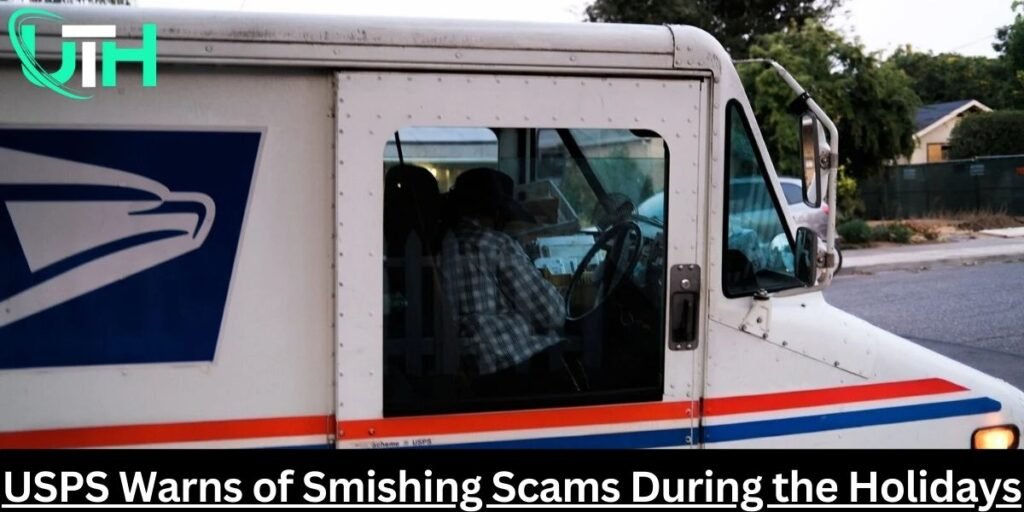As the holiday season approaches, the United States Postal Service (USPS) has issued a warning about an increase in smishing scams targeting consumers. These scams, which involve fraudulent text messages, aim to cheat recipients into providing personal information or clicking on malicious links.
What is Smishing?
Smishing is a type of phishing scam that uses text messages to trick recipients into revealing sensitive information, such as credit card numbers, Social Security numbers, or passwords. Scammers impersonate trusted organizations, such as USPS, to trick individuals into revealing sensitive data, including:
- Personal information
- Financial details
- Login credentials
How Does the USPS Smishing Scam Work?
Scammers send text messages that appear to be from the USPS, often claiming that there is a problem with a package delivery or requesting personal information to resolve a fabricated issue. These messages may include links to fake websites that mimic the official USPS website.
Danger Signals
USPS has emphasized key warning signs to identify smishing attempts:
- Unsolicited Messages: Receiving a text about a package you weren’t expecting.
- Urgent Language: Phrases like “immediate action required” or “your delivery will be canceled.”
- Suspicious Links: Shortened URLs or links that do not direct to the official USPS website (www.usps.com).
- Requests for Personal Information: Asking for Social Security numbers, credit card details, or other sensitive data.
How to Protect Yourself
To stay safe, USPS advises the following:
- Verify the Sender: Check the sender’s information carefully. Official USPS communications will not come from random phone numbers.
- Avoid Clicking Links: Do not click on any links in unsolicited messages. Instead, go directly to the USPS website or app to verify information.
- Report Suspicious Messages: Forward suspicious texts to USPS at 7726 (SPAM) or email details to spam@uspis.gov.
- Enable Security Measures: Use antivirus software and enable spam filters on your devices.
USPS Official Policies
USPS does not send unsolicited text messages or emails asking for personal information or payment. Any such communication should be treated as fraudulent.
What to Do If You’ve Been Targeted
If you believe you’ve fallen victim to a smishing scam:
- Contact your bank or financial institution immediately if financial information was shared.
- Report the incident to the Federal Trade Commission (FTC) at ReportFraud.ftc.gov.
- Monitor your credit reports for unauthorized activity.
Stay Vigilant This Holiday Season
With the surge in online shopping and package deliveries during the holidays, scammers are increasingly exploiting consumers’ trust. By staying alert and following USPS guidelines, you can safeguard your personal information and enjoy a worry-free holiday season.
By staying informed and following these simple tips, you can protect yourself from smishing scams and enjoy a safe and secure holiday season. text message scam claiming to be from the USPS.
Discover More
USPS Warns of Smishing Scams During the Holiday Season
Scammers Target Toll Road Drivers with Smishing Scam Via Text Messages
Why are Smishing Attacks Particularly Effective?
Additional Resources:
USPS: https://www.uspis.gov/news/scam-article/smishing-package-tracking-text-scams
Federal Trade Commission: https://consumer.ftc.gov/
